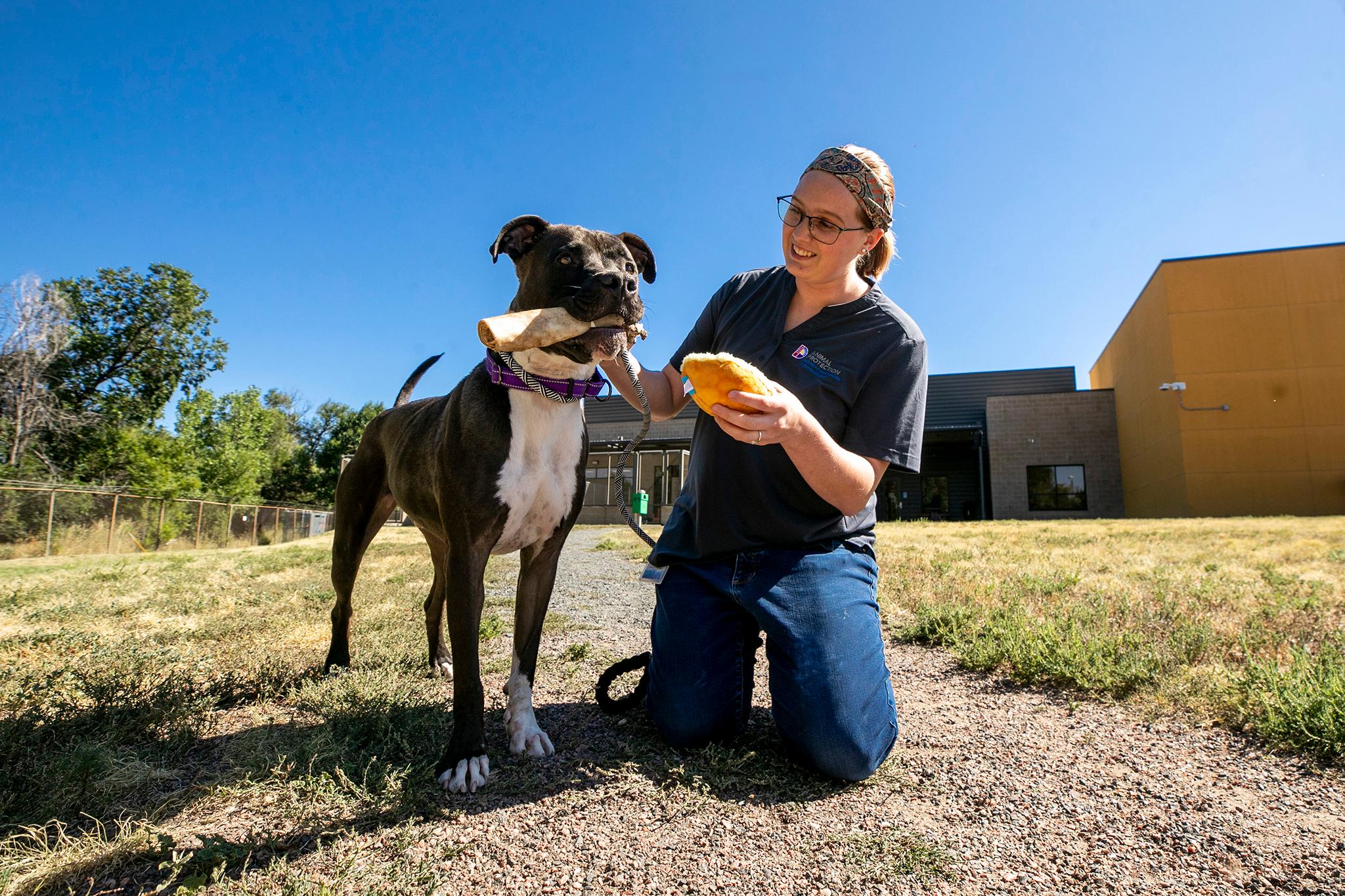While on a walk with the Denver Animal Shelter's longest tenured resident, Spot the dog, Josie Pigeon notes that she's allergic to cats. Sinus infections, itchy eyes and a runny nose are common for her if she forgets to take her allergy medication.
"It was a lot worse when I was cleaning kennels," Pigeon says. "It's just a mild annoyance if I'm around cats for a little too long."
Pigeon is the Denver Animal Shelter's first social worker. As the city deals with a spike in surrendered pets, the shelter has hired her to help owners keep their pets out of the shelter, off the streets and in their homes.
"[Pets] are a great support to us," Pigeon said. "They are going to offer that unconditional love that a lot of individuals just aren't going to find anywhere else. Then in the long term, caring for your pet helps you care for yourself."
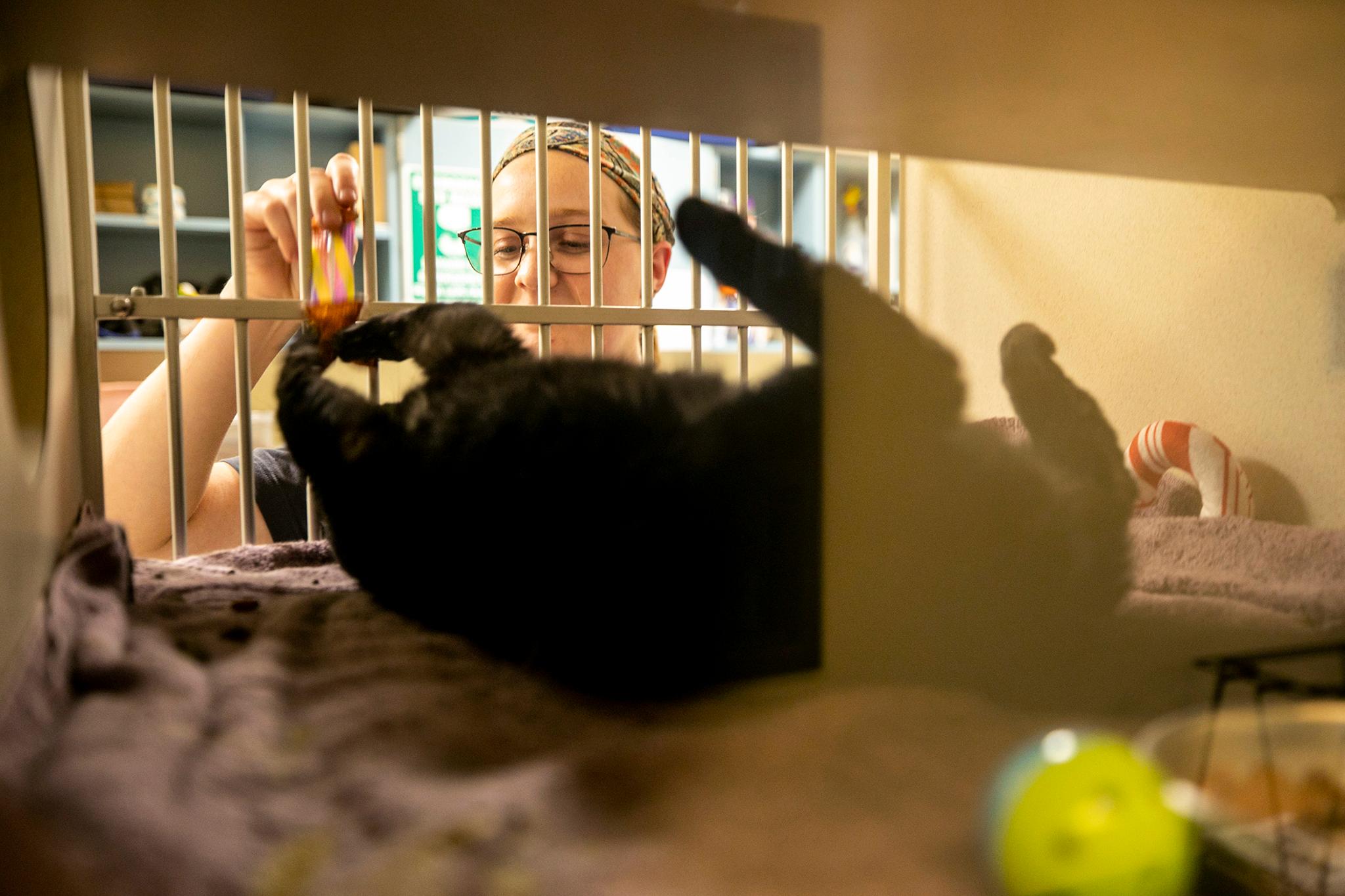
Pigeon moved from Arkansas to Colorado specifically for the University of Denver's Animal-Assisted Social Work master's certificate.
When she started the master's program, she wanted to be an animal-assisted therapist, but her interest in big-picture human-animal issues and social systems led her to pursue a job at the intersection of animal welfare and social work.
Growing up in a state like Arkansas that largely banned pit bulls has been her main motivation for going into animal welfare.
"I came from a very different place where individuals still see animals as property protectors that live outside," Pigeon said. "If you were going to study animal sciences in Arkansas you were studying livestock and poultry."
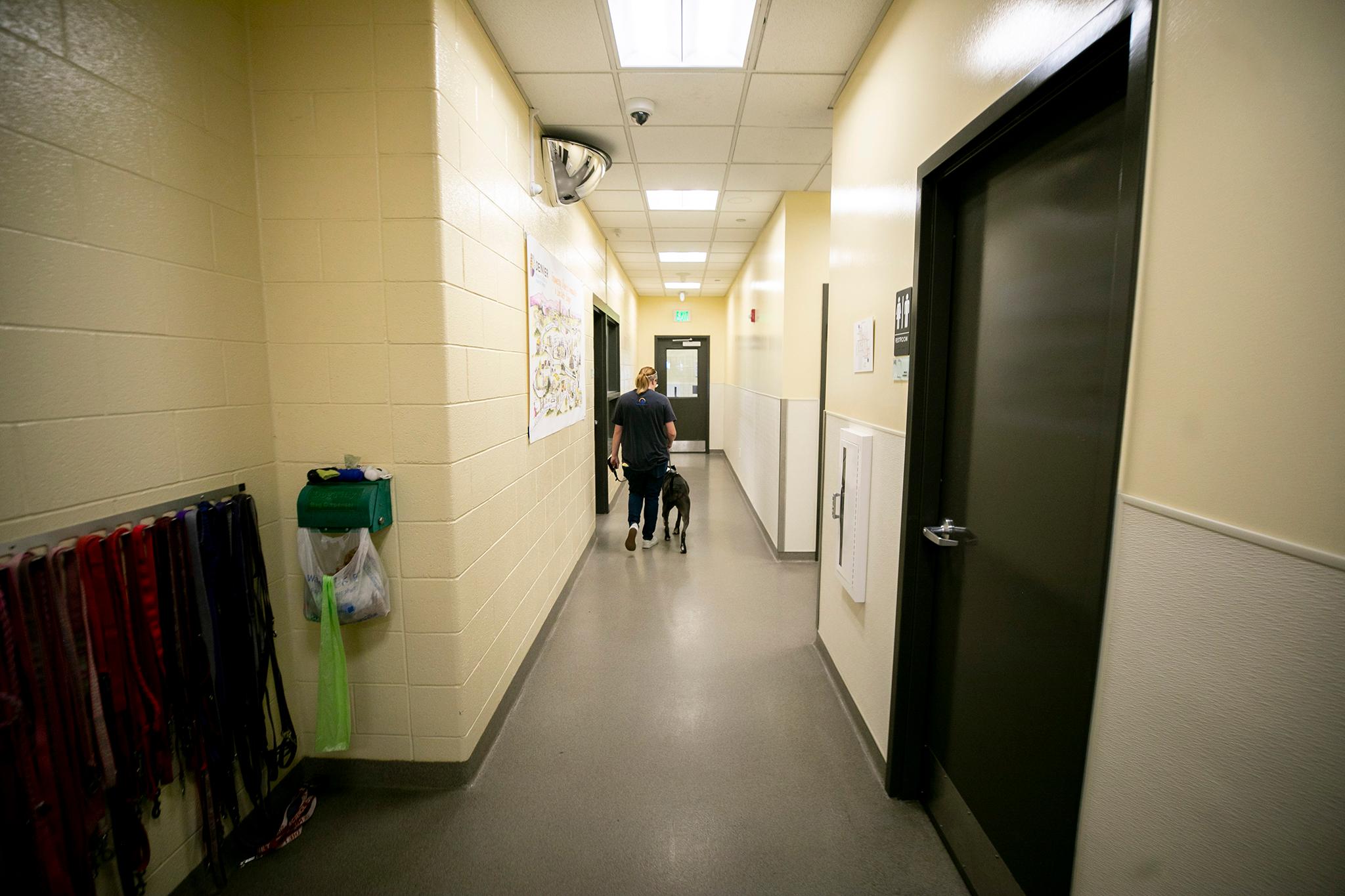
Pigeon graduated from DU during the pandemic, and there wasn't a job that fit her education at the time. She worked as an Animal Care Technician for the Adams County Riverdale Animal Shelter. There she met Cory, a three-year-old deaf pitbull.
"My absolute favorite child," Pigeon said. "He got so excited when he was finally able to understand what people wanted from him. I loved him so much."
Cory landed at Riverdale through the Families in Transition Program (FIT) that provides temporary care for pets of families in crisis due to homelessness, illness and domestic violence. While at the shelter, Pigeon worked closely with Cory teaching him how to communicate via hand signals and gently shaking the kennel door so Cory could feel her arrival.
"When they're deaf they don't really know what is going on around them," Pigeon said. "He would get woken up and think he was in danger."
Cory's family was never able to come back for him and despite several failed adoption attempts, Cory kept returning to the shelter for accidentally biting people when they tried waking him up. Tragically, Cory never made it out.
"He had been in the shelter a little too long," Pigeon said.
Pigeon has spent time getting a lay of the land in her new role since joining the DAS Community Engagement Services team on July 31.
"We all know that there's a housing crisis in Denver," Marissa Vasquez said, DAS Manager of Community Engagement. "Our program is informed by what we are hearing from the community. They don't just need things for their animals, they might need things for themselves."
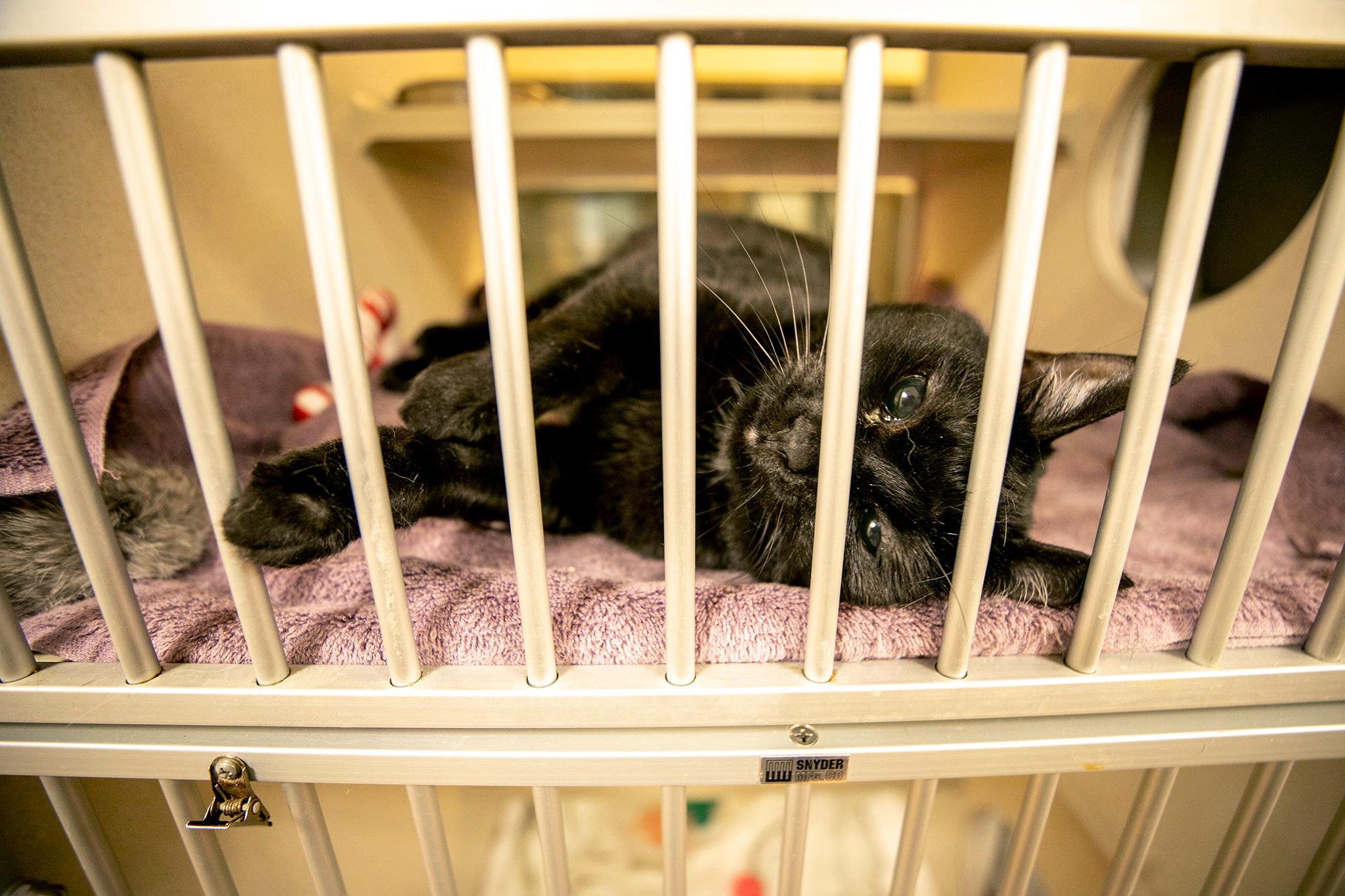
Pigeon will join a team of community navigators who go out into the community in search of those who need support, most often the unhoused, seniors and people with disabilities.
Through door-to-door outreach, community events and referrals from outside organizations, Pigeon will work to identify resources for both pets and people. These resources might include free and low-cost pet medical services, supplies, food, leashes, grooming, social service agencies, food banks and other community groups.
"A lot of what I've been doing is thinking about what this position could be and planning for the future of what we want it to turn into," Pigeon said.
Aside from the resources side of things, Pigeon will also undertake the responsibility of offering mental health support for shelter staff and volunteers.
"It's such a niche experience to have to deal with people surrendering their pets, euthanasia and the traumatic things you can see in the field," Pigeon said. "One of the main reasons that I am excited for, having worked in an animal shelter before, is for our staff members to have someone who has a mental health background. I have seen it firsthand and I'm right there with them."
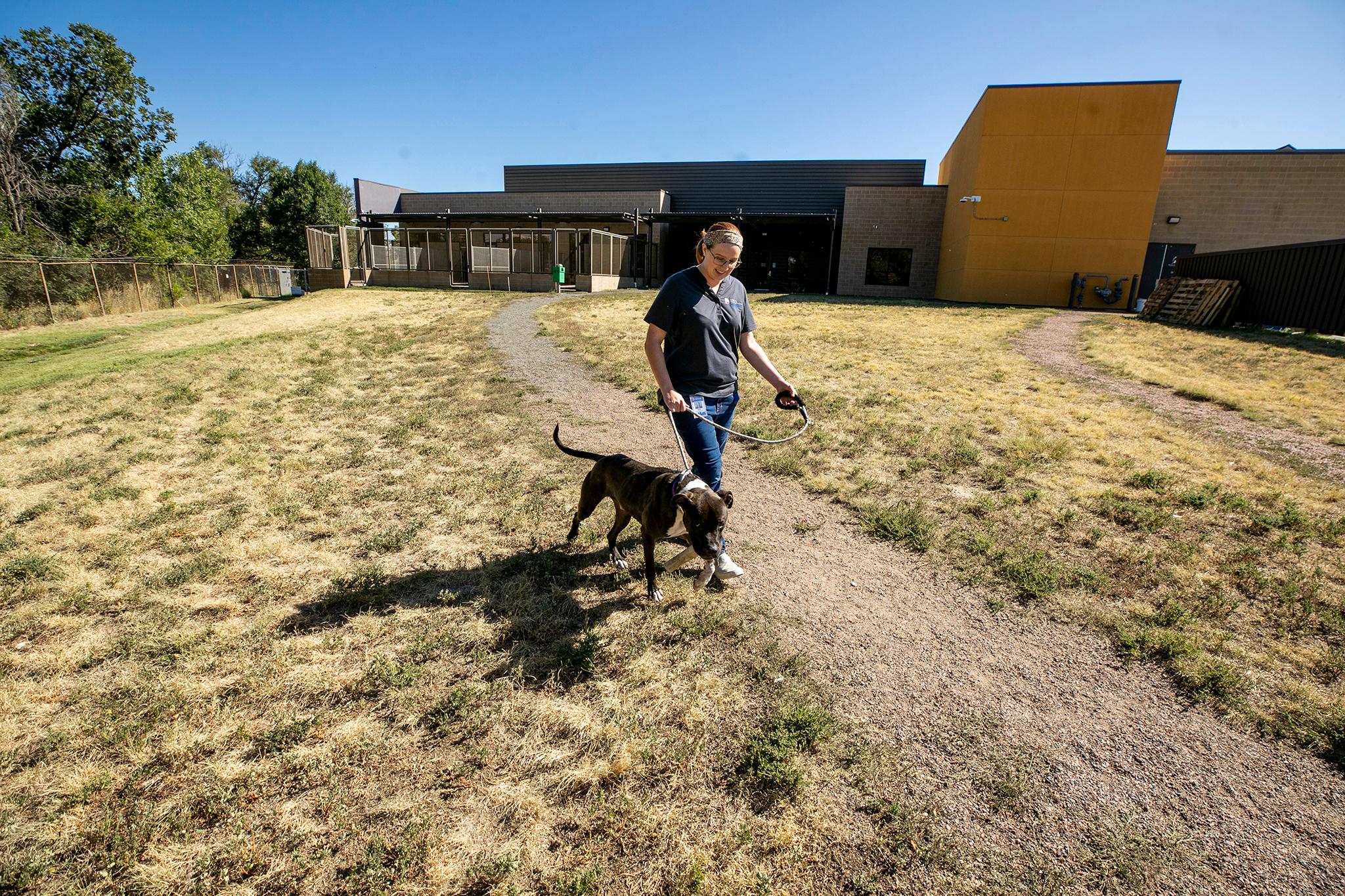
Although she won't work as a full-time therapist, Pigeon will assist DAS workers debriefing difficult situations, teaching coping skills and connecting workers to mental health services.
According to Vasquez, housing and the costs of animal training are often what leads to the surrender of a pet in their shelters.
"People get a dog, have the best intentions but don't realize all of the training needs that they might have," Vasquez said. "A lot of training resources are really expensive and not everyone can afford that so oftentimes that's how dog's end up back in a shelter."
In order to avoid the carousel of resources that get tossed around, Pigeon will be an internal referrer for the Denver Human Services Agency, meaning she will be able to connect people directly to a city caseworker.
"A lot of what I will be doing is reaching out to the organization's that I'm connecting them to and making it a little bit more personalized instead of just saying to someone, "Here's this place, call them.""
"We try to bring a lot of those services in-house instead of relying on external vet partners," Vasquez added. "We are able to refer them to our internal vet clinic. We have a volunteer groomer. We'd like to build up as much internal knowledge and resources as we can so that we're not so reliant on a handoff."
The Community Engagement Services team has helped spay and neuter more than 3,500 animals. DAS has also helped pay for necessary veterinary services including vaccines, microchips, mass removals, dental procedures and medical grooming. Over 150 animals are on a waitlist to receive these free services.
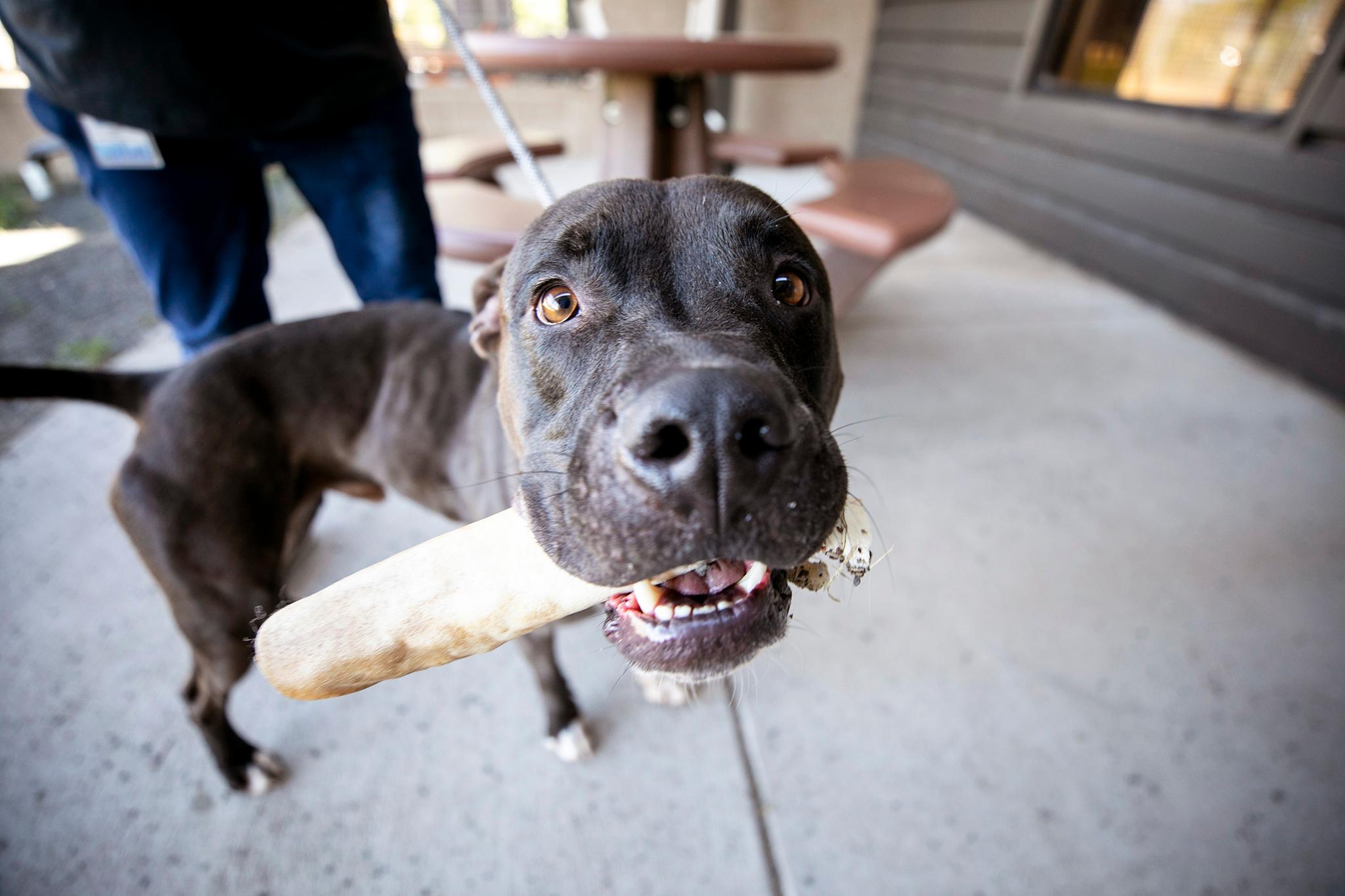
For Pigeon, social work and animal welfare go hand in hand because social issues that affect an owner also affect the pet. Food, housing insecurity, gaps in education and threats to violence all play a role in a pet's housing future.
"If [Cory's] family had had more access to resources to find housing, he would've lived a healthy and happy life," Pigeon said. "If we had someone in my position he might not have had to be adopted out at all. And then he wouldn't have accidentally bit anyone. He could have gone right back home, lived with his family and he would've had a happy story."

